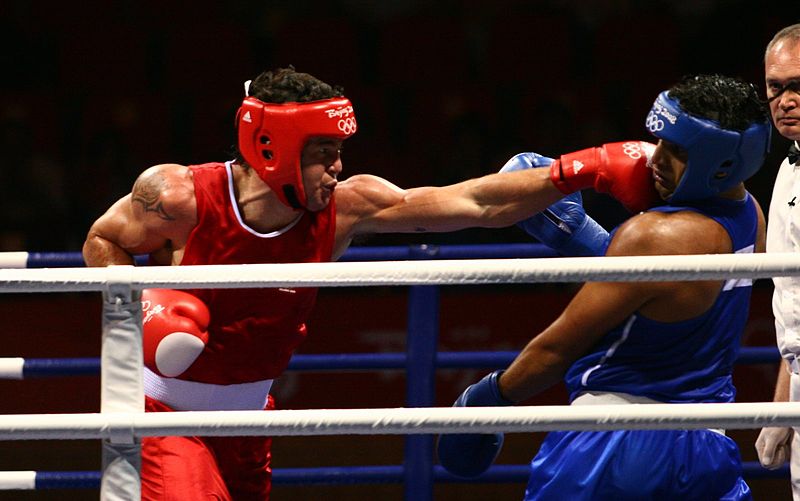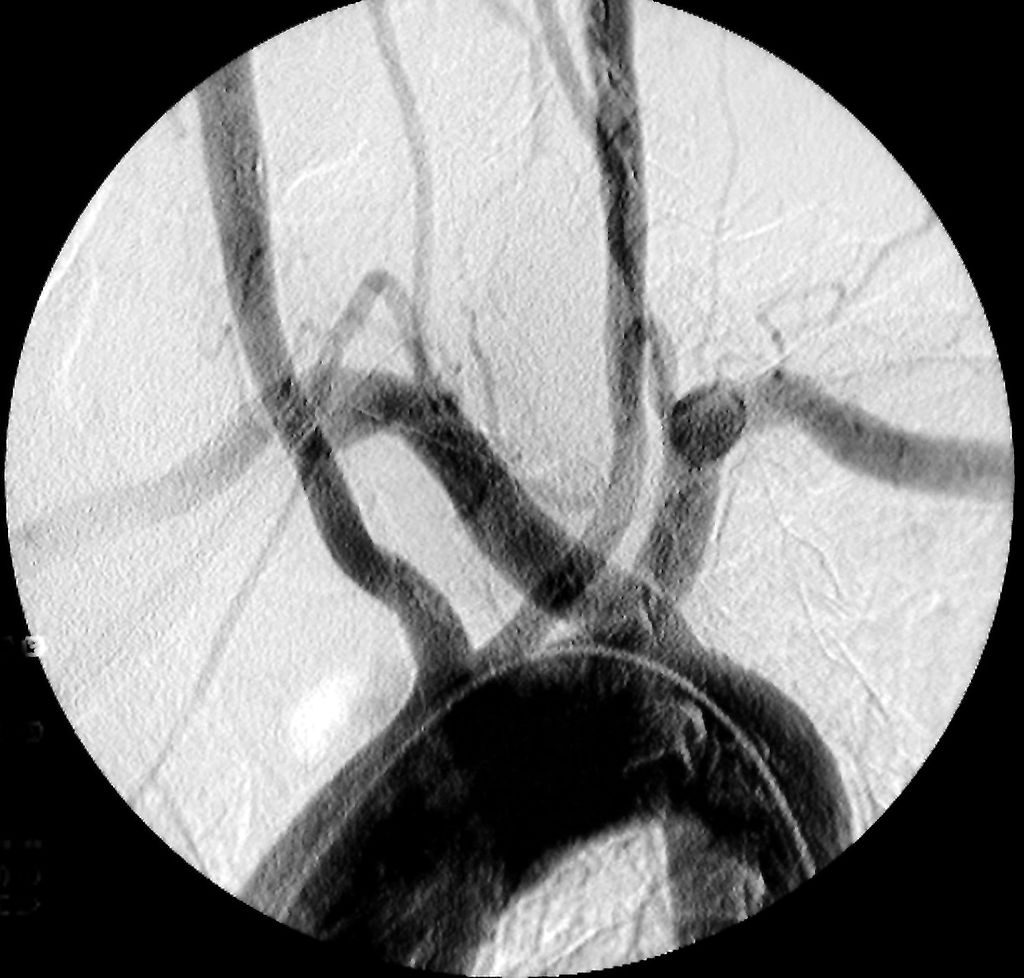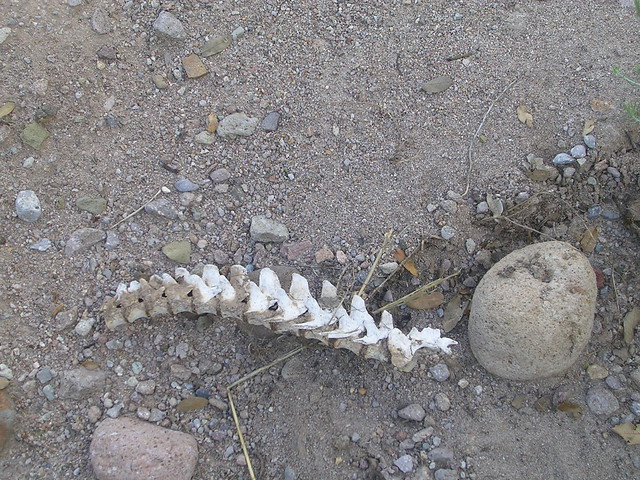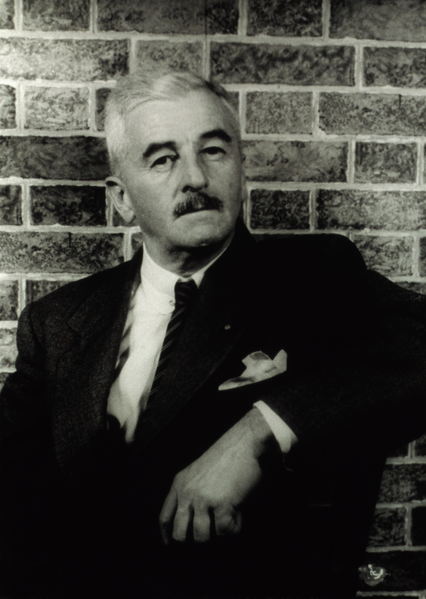
A surgeon in Turkey has won a court case in which he argued that he deserved to be named in a list of authors from his institution who’d published a paper. But even that doesn’t appear to have satisfied the aggrieved medic, as you’ll see.
The article, “Late onset traumatic diaphragmatic herniation leading to intestinal obstruction and pancreatitis: two separate cases,” was written by a group from the Department of General Surgery at Ankara Numune Training and Research Hospital. The list of authors comprised Tolga Dinc, Selami Ilgaz Kayilioglu and Faruk Coskun … but not Baris Yildiz, a colleague in the department.
The paper appeared in Case Reports in Emergency Medicine, a Hindawi title, which has issued a rather byzantine expression of concern about the article:
Continue reading No delight for Turkish surgeon in authorship dispute over case study







